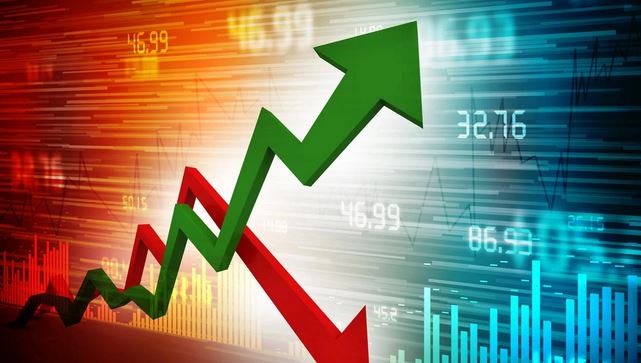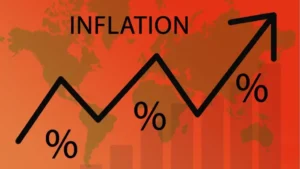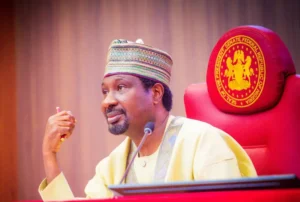For the first time in over a year and a half, Nigeria’s inflation rate has finally started to decrease. In July 2024, the inflation rate fell to 33.40%, which is lower than the 34.19% recorded in June. This marks the first time inflation has cooled off since December 2022 when it stood at 21.34%.
The National Bureau of Statistics shared this good news in their latest report on the Consumer Price Index. Financial experts had already predicted this slow down, believing that the rapid increase in prices would begin to ease around July and continue into August. According to the CEO of Financial Derivatives, inflation is starting to stabilize, which should help the economy.
The Central Bank of Nigeria (CBN) has been actively working to bring inflation under control. One of the key measures they’ve used is raising interest rates. In July, the Monetary Policy Committee (MPC) increased the rate by 50 basis points, raising it to 26.75% from the 26.25% set in May. By raising rates, the CBN aims to reduce the amount of money circulating in the economy, which can help slow down inflation.
Along with monetary policy changes, the Nigerian government has also introduced some fiscal measures to tackle inflation. One of the key steps has been eliminating import duties on certain staple foods, making them cheaper to buy. This should help ease the burden of high food prices on Nigerian households.
Additionally, the government has taken steps to ensure a successful farming season, especially in regions affected by insecurity. The Defence Headquarters has deployed troops to farmlands in the North East and North Central regions to help protect farmers and ensure they can grow crops without disruption. A successful harvest could help further reduce food prices and lower inflation.
While Nigeria’s inflation rate remains high, this drop is a positive sign that things may be starting to turn around. The government and the Central Bank are working together to bring inflation down further and stabilize the economy.
Let’s hope the trend continues as Nigeria looks toward a brighter economic future.







